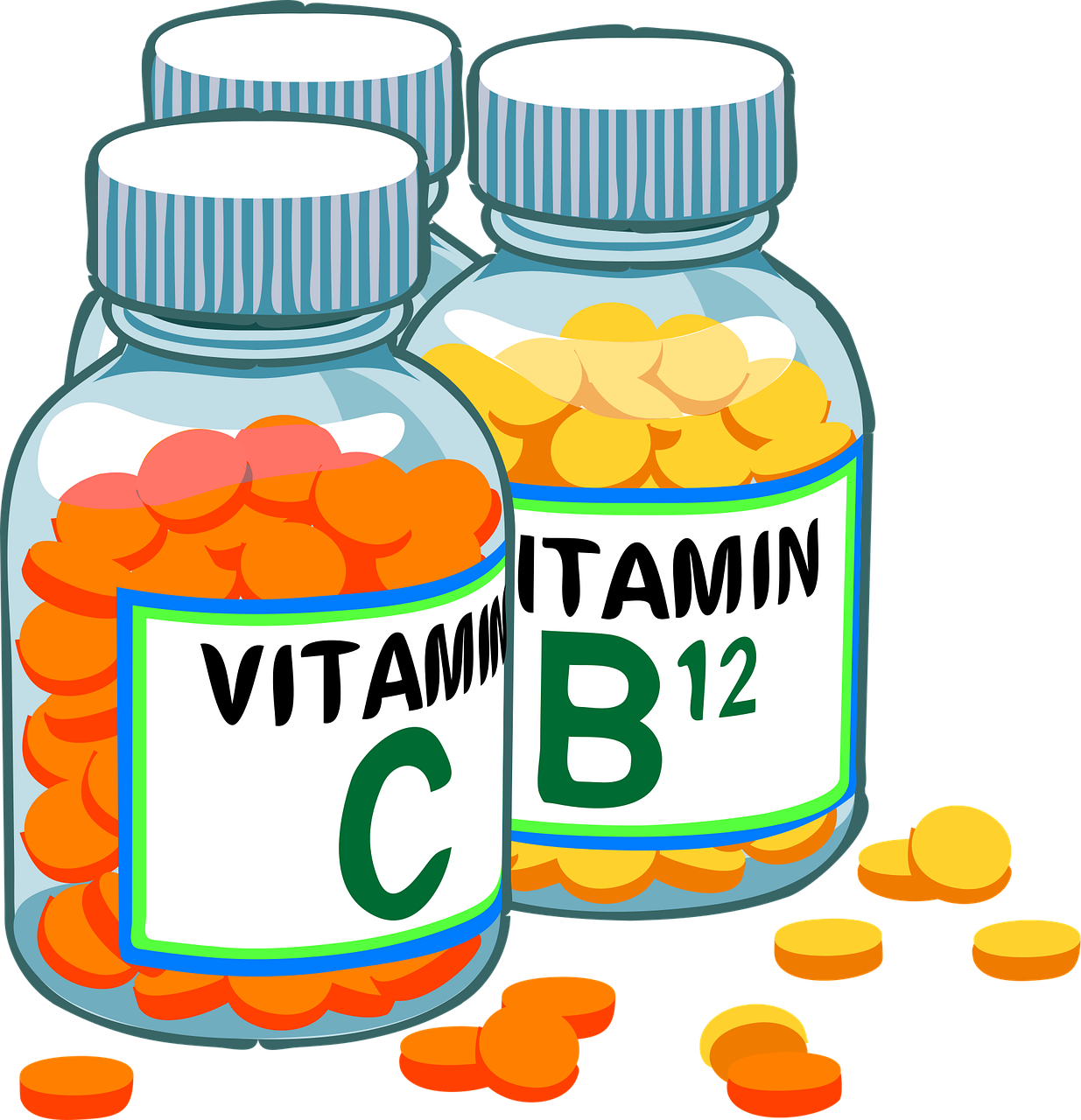This article was analyzed by Serge, MSc. Leveraging expertise in Biochemistry and Chemical Quality Control, I share insights and recommendations backed by research and clinical evidence to ensure you find safe and effective supplement solutions.

When it comes to health and wellness, there’s no such thing as a one-size-fits-all approach. Men and women have unique nutritional needs that change over time. That’s why targeted supplement routines are gaining popularity—they offer personalized support based on age, gender, and lifestyle.
In this article, we explore how supplements can help both men and women maintain good health, energy levels, and overall wellness at every stage of life.
Why Supplements Matter More Than Ever?
Let’s face it: most of us don’t eat a perfect diet every day. Even with the best intentions, it can be tough to get all the nutrients we need from food alone.
“Supplements can fill in the gaps where diet falls short,” says Dr. Elaine Morris, a functional nutritionist. “They’re especially helpful during times of stress, hormonal changes, or aging.”
Our bodies go through different phases—from teenage growth spurts to midlife transitions and older age challenges. That’s where targeted supplements can really shine.
Gender-Specific Nutritional Needs.
Men and women have different biological makeups, which means their bodies need different kinds of nutrients.
Nutritional Needs for Women.
- Iron and calcium are crucial, especially during childbearing years.
- Folate is essential during pregnancy.
- Vitamin D helps with bone density, especially after menopause.
- Magnesium supports mood and hormone balance.
Nutritional Needs for Men.
- Zinc and selenium help support testosterone levels.
- Vitamin B12 and omega-3 fatty acids support energy and heart health.
- Lycopene may reduce prostate cancer risk.
- Vitamin D supports muscle strength and immune health.
Life Stage Matters Too.
Our nutritional needs evolve as we age. Here’s how targeted supplements can support you at different stages of life:
In Your 20s.
- Multivitamins, omega-3s, and probiotics help build a solid health foundation.
- Active lifestyles may benefit from magnesium and vitamin B-complex.
In Your 30s.
- For women: prenatal vitamins and iron become more important.
- For men: CoQ10 and zinc support stamina and energy.
In Your 40s.
- Hormonal changes start to show.
- Supplements like ashwagandha, vitamin D, and collagen can help manage stress and joint health.
In Your 50s and Beyond.
- Bone and heart health become top priorities.
- Calcium, vitamin K2, omega-3s, and fiber supplements are often recommended.
The Science Behind Targeted Supplement Routines.
What makes targeted supplementation so effective? It’s based on bio-individuality.
“No two people are exactly alike. Personalized routines work better than generic plans,” says Dr. Kevin Liu, a men’s health specialist.
Using blood tests, lifestyle assessments, and health goals, many people are now crafting supplement plans that match their personal biology. These smart routines lead to better results and fewer side effects.
Key Supplements for Men.
Here are some science-backed supplements every man should consider:
- Vitamin D: Supports muscle, bone, and immune health
- Zinc: Important for testosterone and immune function
- Omega-3s: Good for heart and brain
- Saw Palmetto: Helps with prostate health
- Magnesium: Reduces stress and supports energy
Key Supplements for Women.
Women benefit from targeted supplements that match hormonal cycles and life stages:
- Folic Acid: Essential for pregnancy and cell repair
- Calcium + Vitamin D: Strengthens bones
- Iron: Prevents anemia, especially during menstruation
- Evening Primrose Oil: Helps balance hormones
- Probiotics: Supports gut and vaginal health
Building a Personalized Supplement Routine.
So how do you build your own routine? Follow these simple steps:
- Know your needs – Consider age, gender, activity level, and current health.
- Consult a professional – Blood work and a short questionnaire can go a long way.
- Start with basics – A good multivitamin, omega-3s, and vitamin D are solid starting points.
- Track how you feel – Give your body a few weeks and note any changes.
- Adjust as you go – Health isn’t static, and neither should your supplement routine be.
Common Mistakes to Avoid.
Even well-meaning supplement users can make mistakes. Here are some to watch for:
- Taking too many supplements at once
- Skipping professional advice
- Using low-quality brands
- Not checking for interactions with medications
Main Insights.
- Men and women have different nutritional needs.
- These needs change with age and lifestyle.
- Targeted supplement routines improve effectiveness and safety.
- Consulting a health professional leads to better results.
- Start simple, stay consistent, and evolve your routine over time.
FAQs
Are supplements safe to take every day?
Yes, when taken as directed and with guidance from a healthcare provider.
Can supplements replace a healthy diet?
No. Supplements are meant to support, not replace, nutritious food.
Should men and women take different multivitamins?
Yes. Gender-specific multivitamins are formulated with different nutrient levels based on unique needs.
How long does it take to see results?
Most people notice changes in 4 to 6 weeks, depending on the supplement.
What are signs I might need supplements?
Fatigue, hair loss, frequent illness, or mood changes may indicate nutritional gaps.
Conclusion
Everyone deserves to feel their best, and that starts with giving your body the support it needs. With so many targeted supplement options available today, it’s easier than ever to create a routine that fits you. Whether you’re a young woman planning a family, or a man in midlife looking to boost energy, supplements can play a vital role in your wellness journey.
So, don’t wait until something feels off. Start now. Build a supplement routine that grows with you. Because when your health is supported, everything else gets better too.












